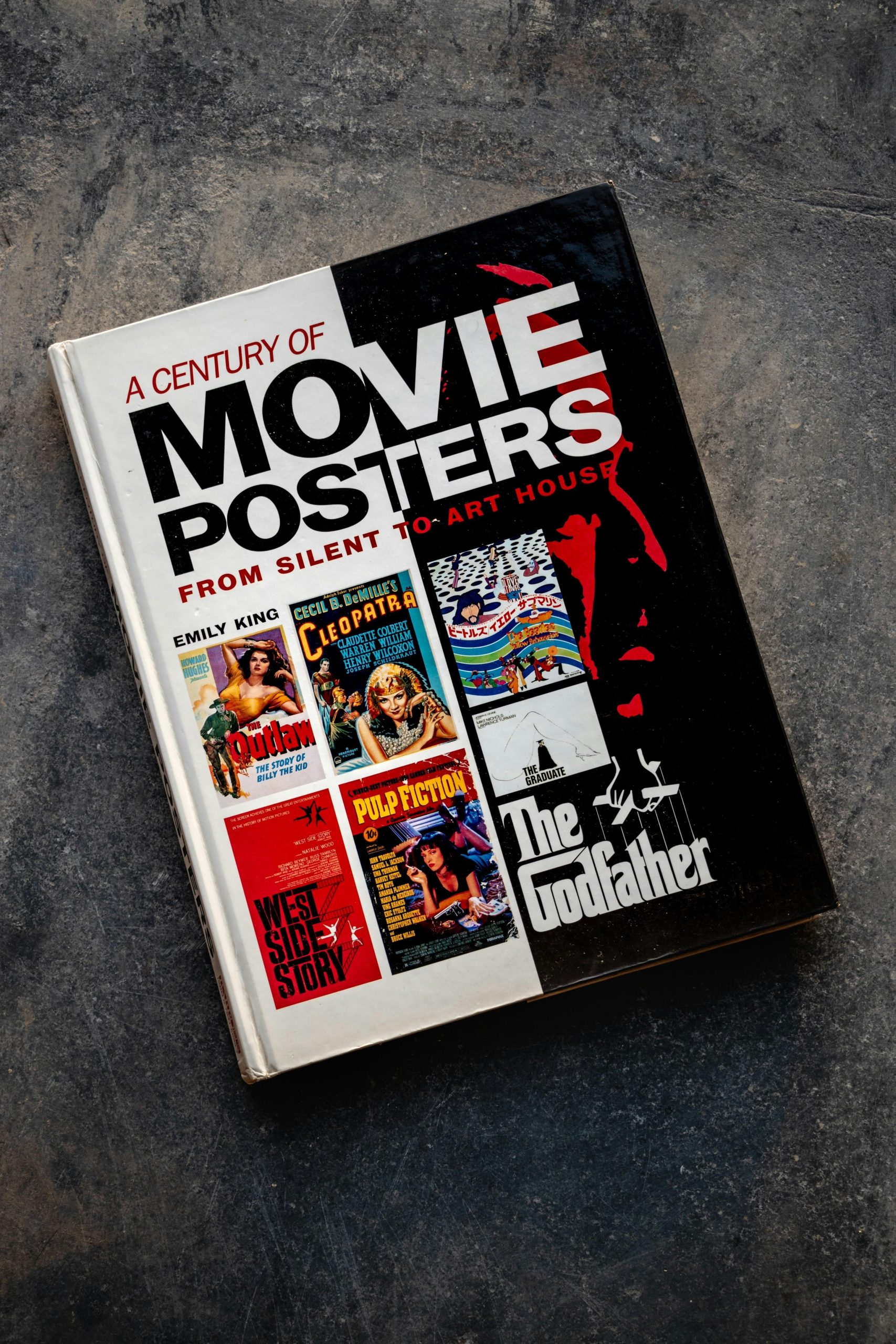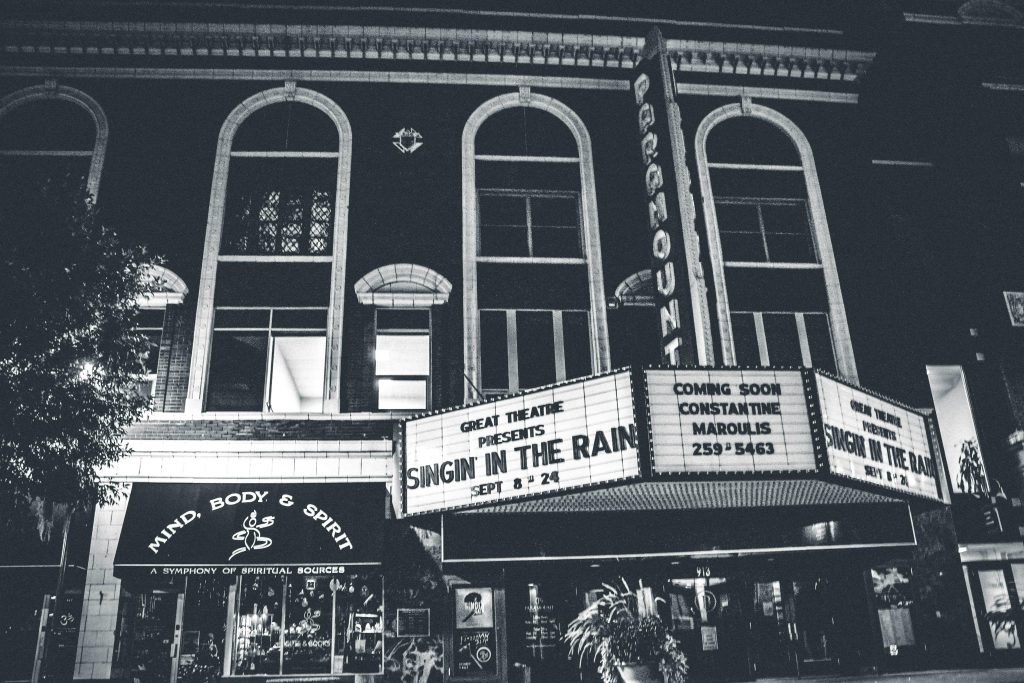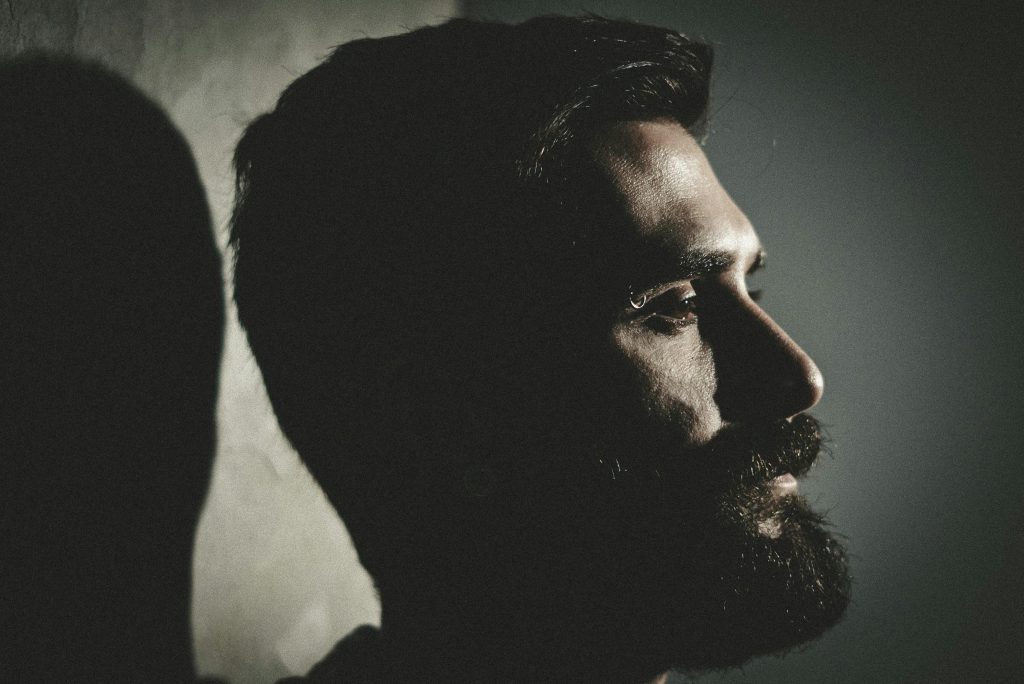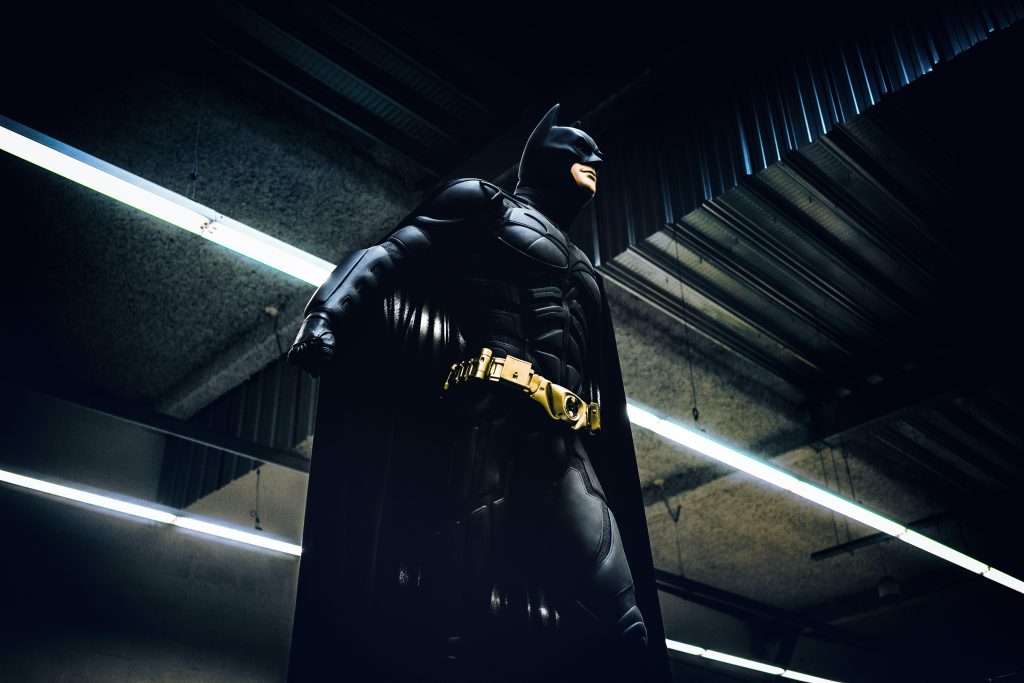In the pantheon of cinematic masterpieces, few titles command as much reverence and debate as Francis Ford Coppola‘s “The Godfather.” Released in 1972, this iconic film has been hailed by critics and audiences alike as a paragon of storytelling, acting, and direction, frequently topping lists as the greatest movie ever made. However, as the landscape of cinema evolves with groundbreaking narratives and technological advancements, the question arises: can “The Godfather” still be considered the best movie of all time? This article delves into the enduring legacy of Coppola’s magnum opus, examining its influence on the film industry, its cultural impact, and how it stands against the burgeoning tide of modern classics. By analyzing both its timeless elements and the shifting criteria of cinematic excellence, we aim to assess whether “The Godfather” retains its crown in an ever-expanding universe of film artistry.
Cinematic Mastery and Timeless Appeal: Evaluating The Godfathers Enduring Legacy
In the realm of cinematic artistry, few films have achieved the iconic status and universal acclaim that The Godfather commands. Directed by Francis Ford Coppola, this masterpiece has not only redefined the gangster genre but has also set an enduring benchmark for storytelling, character development, and visual composition. One cannot overlook the meticulous craftsmanship that underpins every frame, from the hauntingly atmospheric lighting to the evocative score by Nino Rota. The film’s narrative intricacy, woven through themes of power, loyalty, and family, resonates with audiences across generations, ensuring its place in the pantheon of cinematic greatness.
Several factors contribute to the film’s continued reverence:
- Innovative Directing: Coppola’s visionary approach and attention to detail have created a timeless narrative that balances violence with poignant human emotion.
- Memorable Performances: With Marlon Brando‘s iconic portrayal of Don Vito Corleone, alongside Al Pacino’s transformative journey as Michael, the cast delivers performances that are both powerful and nuanced.
- Enduring Themes: The exploration of power dynamics, familial bonds, and moral ambiguity remains relevant and thought-provoking.
- Cultural Impact: Beyond its critical success, the film has permeated popular culture, influencing countless filmmakers and spawning numerous homages and parodies.
Thus, while debates over the greatest film of all time are inherently subjective, The Godfather‘s enduring legacy and its profound impact on both cinema and culture undeniably bolster its claim to this illustrious title.
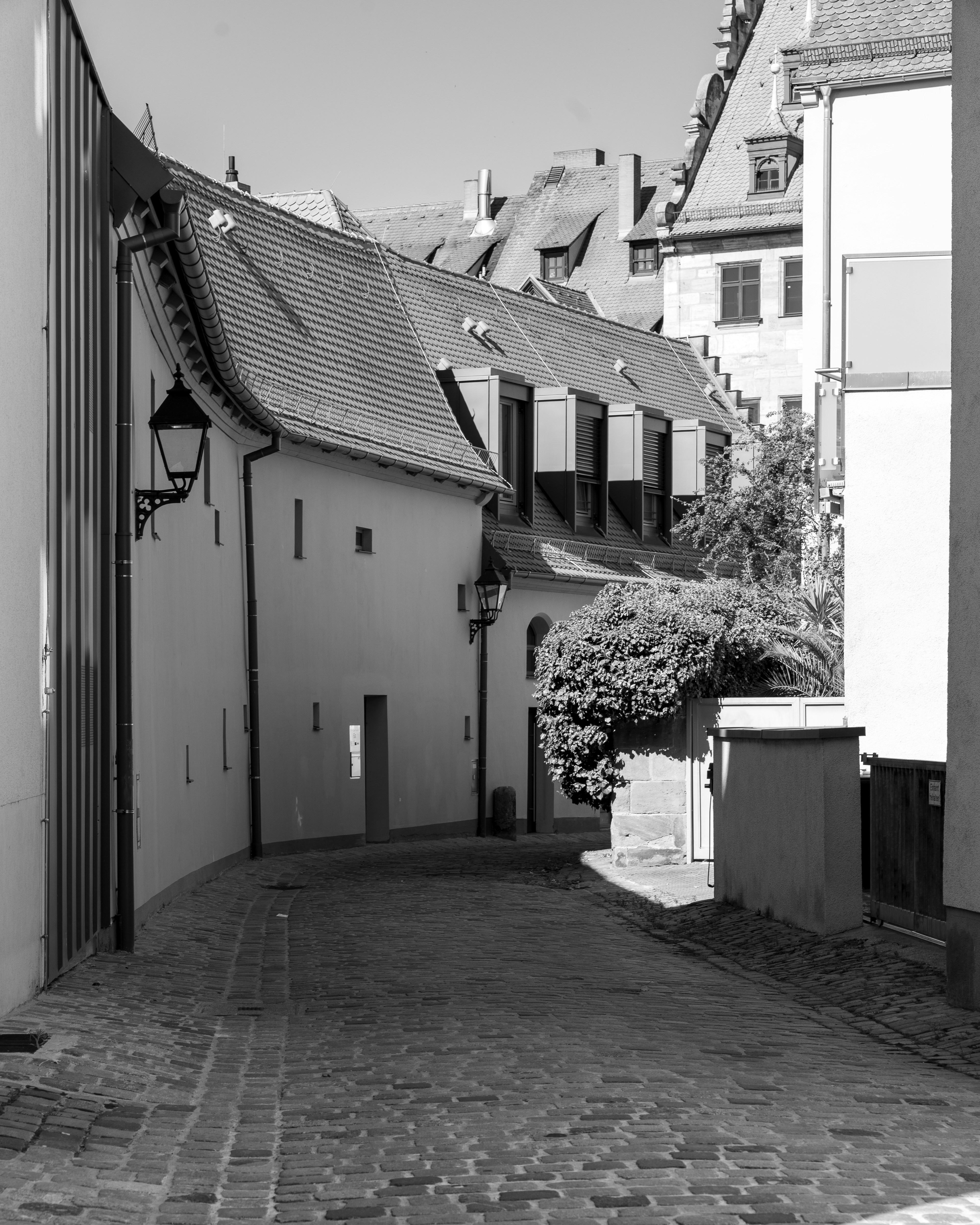
Narrative Depth and Character Complexity: Unpacking the Films Storytelling Excellence
The Godfather’s enduring legacy largely stems from its exceptional storytelling, which masterfully intertwines narrative depth and character complexity. At its core, the film is a profound exploration of power, loyalty, and family, set against the backdrop of organized crime. Each character is meticulously crafted, possessing a rich tapestry of motivations and flaws that render them simultaneously relatable and enigmatic. This complexity allows the audience to engage with the narrative on multiple levels, as the film delves into the moral ambiguities and personal struggles of its protagonists.
- Michael Corleone’s Transformation: His journey from a reluctant outsider to the ruthless head of the family is depicted with a nuanced subtlety that captures the internal conflict between his personal ethics and familial duty.
- Vito Corleone’s Dual Nature: As both a loving patriarch and a formidable mafia boss, Vito embodies the duality of human nature, where benevolence and brutality coexist in a delicate balance.
- Subtle Storytelling Techniques: The film employs understated visual cues and dialogue to convey deeper meanings, encouraging viewers to read between the lines and engage with the story beyond its surface.
These elements of narrative sophistication and character intricacy not only contribute to The Godfather’s status as a cinematic masterpiece but also invite continual re-evaluation and appreciation, reinforcing its position as a contender for the best movie of all time.
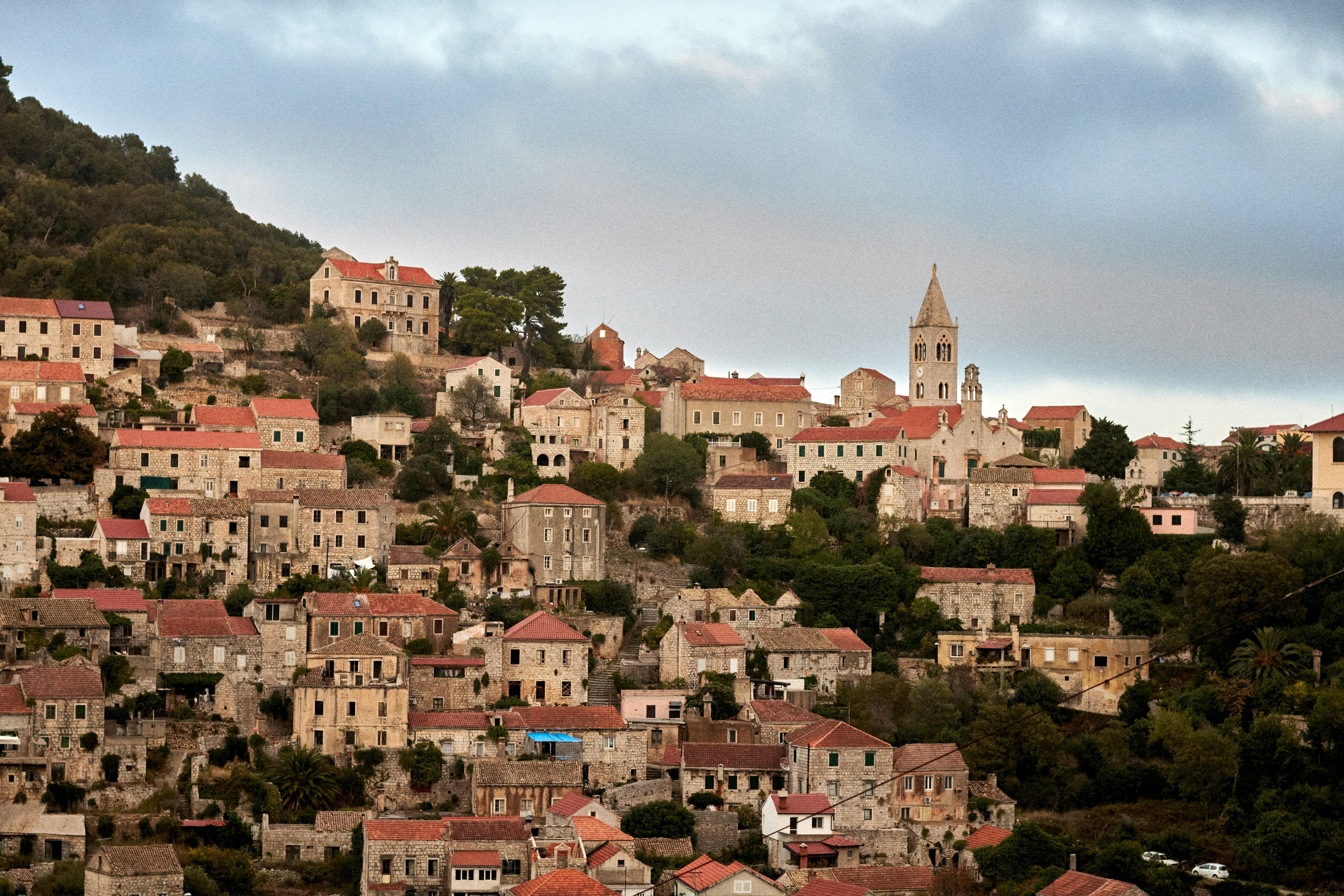
Cultural Impact and Influence: How The Godfather Shaped Modern Cinema
The Godfather’s profound influence on modern cinema is undeniable, serving as a cornerstone that reshaped storytelling, character development, and the visual aesthetics of film. Francis Ford Coppola’s masterful direction introduced a nuanced portrayal of organized crime, steering away from the clichéd, black-and-white morality that dominated previous gangster films. Instead, it offered a complex, humanized perspective that has inspired countless filmmakers to explore morally ambiguous characters and intricate narratives.
- Character Depth: The film’s richly layered characters, particularly the transformation of Michael Corleone, set a new standard for character arcs, influencing the likes of Breaking Bad and The Sopranos.
- Visual Style: Its iconic cinematography, characterized by dim lighting and meticulous composition, has become a template for creating atmospheric tension and drama.
- Narrative Structure: The non-linear storytelling and multi-generational saga inspired epic narratives in films like Pulp Fiction and The Dark Knight trilogy.
Moreover, The Godfather’s cultural footprint extends beyond film, permeating literature, television, and even video games, solidifying its status as a timeless touchstone in popular culture.
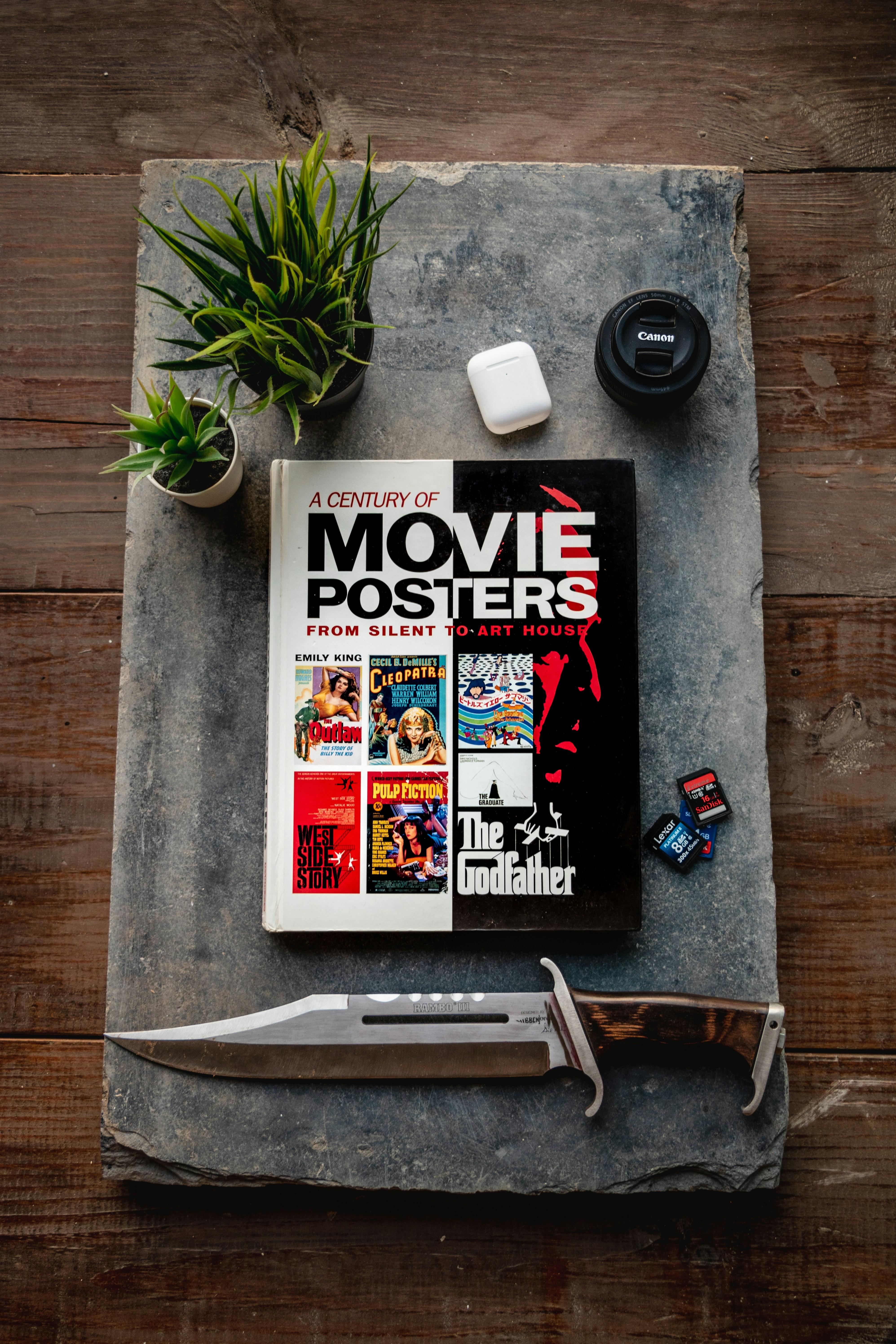
Critical Acclaim and Audience Reception: Assessing The Godfathers Place in Film History
The Godfather, directed by Francis Ford Coppola, has long been a cornerstone of cinematic excellence, often heralded as the epitome of American filmmaking. Its critical acclaim stems from a combination of compelling storytelling, groundbreaking direction, and a cast that delivered performances etched into the annals of film history. The movie’s triumph is reflected in its numerous accolades, including multiple Academy Awards and an enduring legacy that continues to influence filmmakers across generations.
- Masterful Storytelling: The film’s narrative complexity and character development set a new standard for storytelling in cinema.
- Iconic Performances: Marlon Brando’s portrayal of Don Vito Corleone and Al Pacino’s transformation as Michael Corleone are performances that remain benchmarks for actors.
- Cultural Impact: Beyond its critical success, the film has permeated popular culture, with quotes and scenes that are instantly recognizable.
While newer films continue to challenge its status, The Godfather‘s place in film history is cemented not only by its initial reception but also by its enduring ability to resonate with audiences and critics alike. Its influence on the crime genre and its exploration of themes such as power, family, and loyalty ensure its relevance in discussions about the greatest films of all time.

